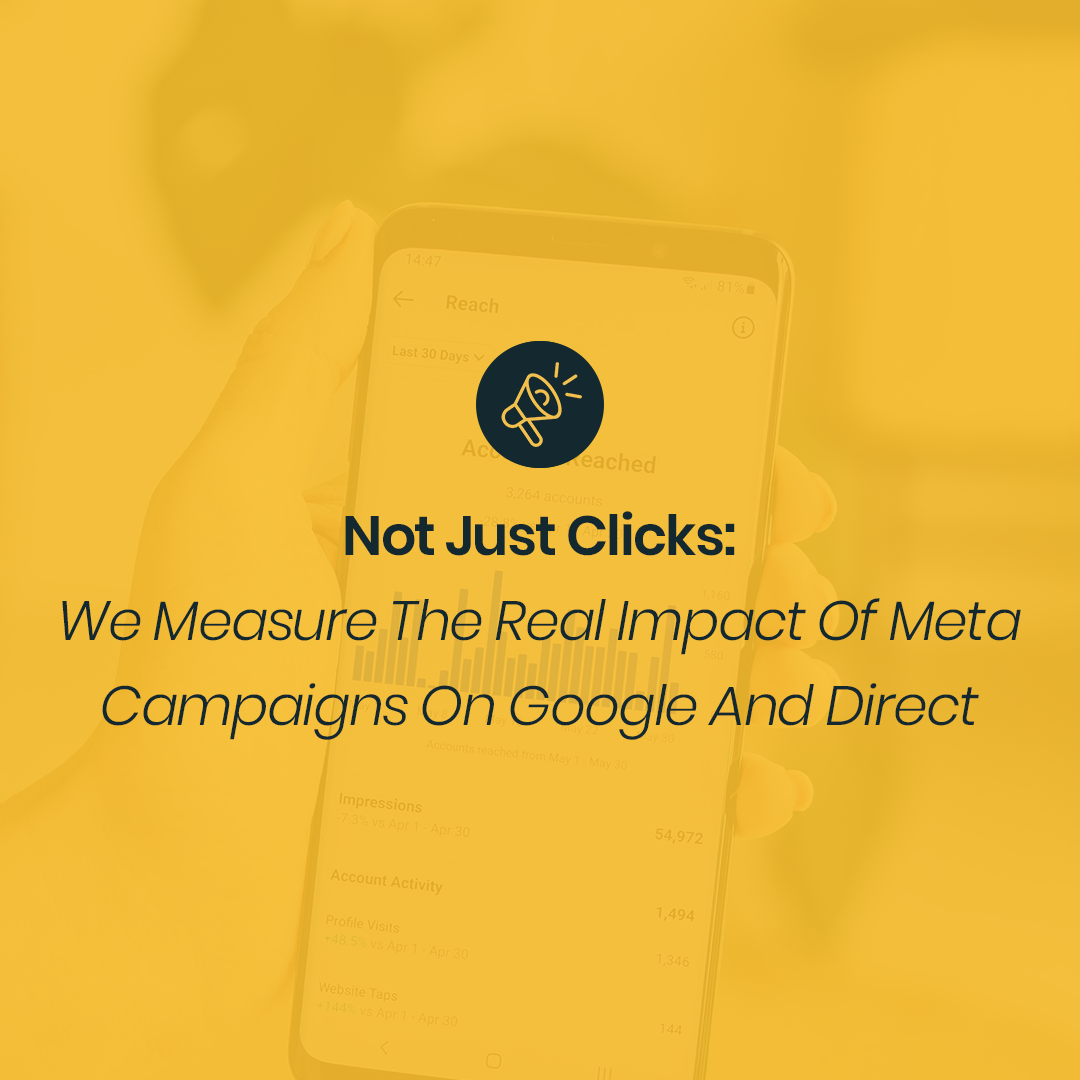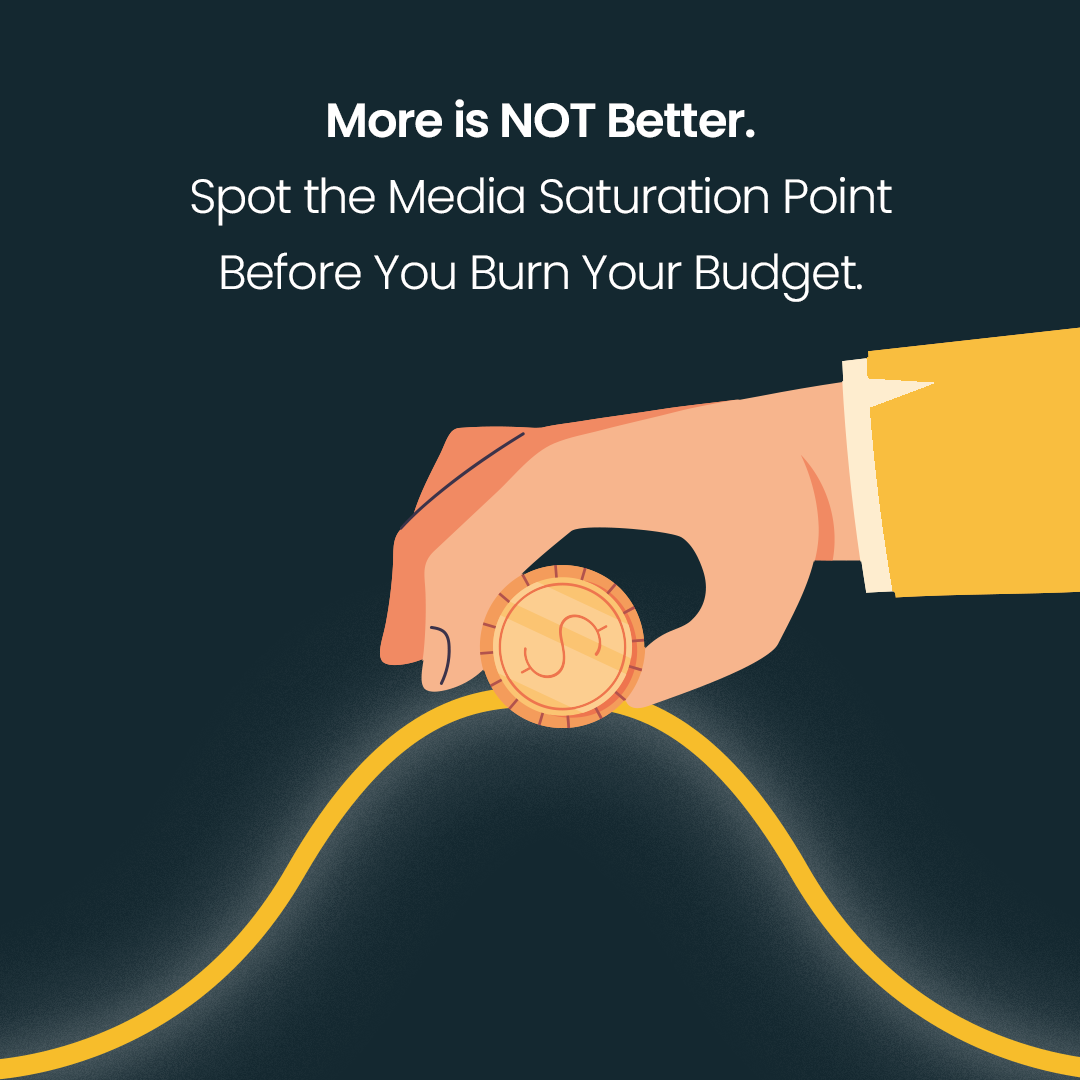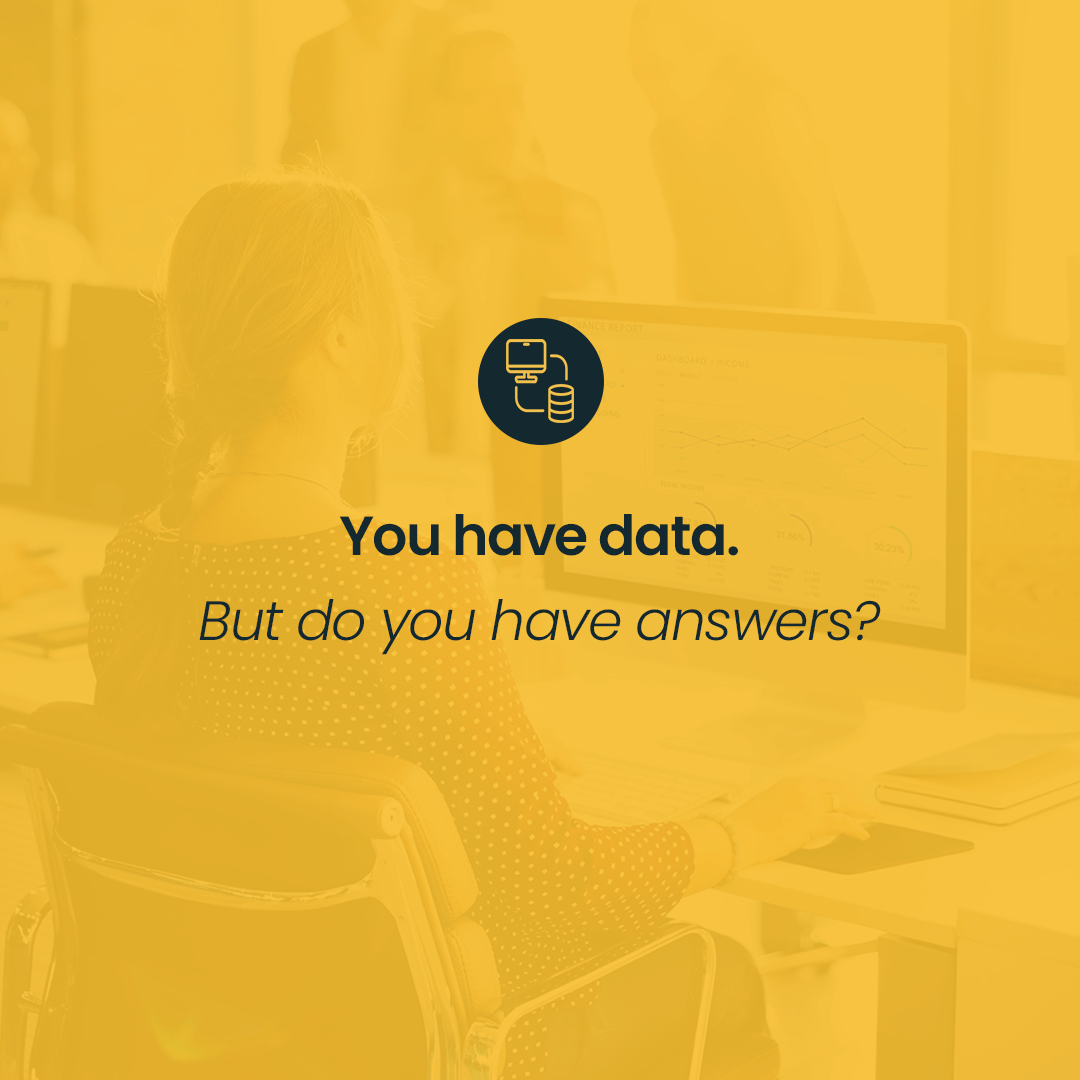Personalization of an offer – what it’s and how does it work?
Imagine you run an online shop and use ads on Instagram or Facebook. One of your customers sees an ad for a ‘little black’ dress, clicks it and is redirected to your store page. This is where Personalization comes into play. Depending on whether the system recognizes her as a ‘regular customer’ or an ‘unknown customer’, it can immediately adjust, e.g. the main banner of your store’s website, without covering the information and the photo about the ‘little black’ dress.
Due to the fact that this customer has already searched for the information on and the pictures of the ‘little black’ dress and also visited your online store website before, the affinity this person has to this particular product is very high. Personalization collects that information and creates so-called Next-Best Offer and Next-Best Action, which can be used in the next e-mail addressed to that person, or in an SMS message. Next-Best Offer or Next-Best Action they’re functionalities based on ML (Machine Learning) and select such offers and activities that will be best suited to the customer (based on the activity the customer has had with your brand). Therefore, when they get an e-mail or see a pop-up on a page, this customer will only get information about the ‘little black’ dress and not about products they have already purchased in your shop. Personalization helps marketers to create a tailored set of products and display them to customers in such a way that they will only get the products they currently need/are currently looking for. At the same time, you can fade out the products that have already been purchased by your customers.
Consequently, Personalization considerably shortens the customer’s conversion path to purchase decisions; it shows what the customer needs at that moment, whether in an e-mail, a pop-up or other form, and at the right time, when, for example, the customer is on the page of a given store or calling Customer Service. In this way, it’s possible to show products in the bestseller category in an e-mail or products that complement the last purchase (products that are complementary to the last purchase but not the same). These small but important activities make sure that the customer very quickly gets a response to what they have recently been looking for. It’s tailored to their needs and makes the customer feel more comfortable/significantly enhances their experience in the online store.
What is Personalization?
Personalization (formerly known as Interaction Studio) is an application within Salesforce Marketing Cloud service in which you can visualize, track and manage your customer’s experience with your brand in real time. The key objective is to encourage your online store customers to engage in the way they prefer it, be it by e-mail, a text message or a mobile app notification, and in a timely manner. Its aim is to manage customer interactions in real time across all possible channels (an omnichannel approach). In addition, it makes predictions of the purchasing opportunities made by customers based on machine learning. Personalization complements the Marketing Cloud’s extensive platform for customer data, audience segmentation and engagement. This application also works well when dealing with unknown customers who haven’t left us their e-mail address or telephone number, as a banner or a page layout can be customized to a prospect. The companies use Personalization to tailor their interactions with customers and prospects to increase loyalty, engagement and sales conversions.
Marketing Cloud vs. Personalization – isn’t Marketing Cloud enough
Marketing Cloud is a SaaS platform in which you can, (depending on the channel), e.g. manage the customer’s purchase path, create e-mail/sms content or automate e-mail marketing. Using the Personalization application within Marketing Cloud, it’s possible to send an e-mail, sms or an app notification in real time to the exact customer and with the most suitable context. Imagine that your customer is in a new location, for example in a different city to the one than usually in, and they’re not far from your stationary shop. Thanks to the so-called geolocalization, you can send your customer an e-mail or sms and telling them where your shop is in that new location and why it’s worth visiting. Another example would be sending a text message or an e-mail with an offer of new products when someone walks into, let’s say, a branch of a bank.
Personalization helps to gather not only transactional information, but also to attach the affinity of your customer to your brand’s products or services. This affinity is then used by machine learning in recommendations that are fully personalized and targeted to the individual customer in a real-time. This builds up a picture of each customer and, through this, you can understand what they’re most likely to buy or view, how often they purchase, what channel they’re most likely to interact with your brand through (desktop or perhaps mobile). This allows us to go to the next level of communication with the customer, in real time and in the right channel, i.e.preferred by the customer.
Personalization – why is it worth using?
Focusing on customer engagement, companies are moving away from a conventional marketing strategy based on a ‘1-to-many’ campaign and instead, they prefer having consistent, contextual and relevant dialogues with customers across channels and touchpoints. Salesforce Marketing Cloud Personalization (formerly known as, Interaction Studio) is a tool that can help companies achieve this easily.
In a world dominated by audience acquisition, clicks and conversions, it’s easy for marketers to lose sight of the importance of personalization. However, it’s crucial to understand the psychology of individuals when they interact with your brand, whether as anonymous visitors, known prospects or existing customers. By creating personalized messages, you can instantly build a connection with your target audience. Marketing Cloud Personalization is one such tool that allows you to create a connection with the products and services they’re interested in, resulting in hyper-personalized content being delivered to the customer’s preferred B2B or B2C channels. When you engage in a meaningful and personalized way with each of your loyal customers during their purchase path, you build and strengthen their emotional connection to your brand and make them dedicated customers. To achieve this, you need to move away from brand-centric messaging to personalized, customer-centric marketing.
With Personalization, you can take the right action for each consumer, in the right channel, at the right time. Personalization manages real-time interactions between your brand and customers.
Everything you need to know about SalesForce Marketing Cloud – costs, necessary skills, benefits, and differences resulting from using the tool
At the very beginning I highly recommend to check the general information about Marketing Cloud (MC) and Marketing Cloud Personalization (MCP) which are available under that link. Other MPC-related websites include:
Personalization Trail on the free Treailhead platform – link
MC Learning Guide on youtube – link
Salesforce Interaction Studio Knowledge base – link
Marketing Cloud Personalization (dedicated for DevOps teams) – link
To be able to implement either Marketing Cloud or Marketing Cloud Personalization, you definitely need to know if you have the right competencies in your team. By this I mean a background of programmers (mainly FrontEnd Developers, preferably with knowledge of Salesforce) as well as Marketing Cloud Administrators. Salesforce is distinguished by the fact that it works well in complex corporate structures, where a high level of independence and data security is recommended, what’s more it works with smaller companies too. It’s flexible and can adapt to any industry, everyone will get the best out of it for their own type of business.
As for the price – there are prices quoted for the package, which is related to the number of accesses and areas inside the Marketing Cloud. Here’s a page where you can find links to a dedicated area of Marketing Cloud which you might have implemented for your online store. Marketing Cloud is a tool that offers various solutions. After verifying your needs, you can realize that you don’t need to implement all Marketing Cloud functionalities from them offer, but only some of them, for example, related to e-mail, mobile, or web marketing. Then, the price turns into this. You can additionally want to implement Marketing Cloud Personalization, then the price is going to be like this.
Another way is that you can contact Salesforce when working with us 🙂 We’re a Certified Partner of Marketing Cloud, we know with who you should contact, and we always help during the verification & consultation process.
Summary
Real-time personalization and interaction management is the future of marketing. Personalization was created to enable companies to synthesize disparate data, extract insights, make instant decisions and truly engage with the customer and provide them what they really need at the right moment. Businesses across a range of industries are already using this solution to engage and delight their potential customers, building valuable relationships that lead to more conversions, more revenue and increased loyalty. Marketing Cloud Personalization is also a great answer to a world without cookies. Personalization is based on the data the customer shares, so it’ll be even more relevant with the changes that are imminent.






